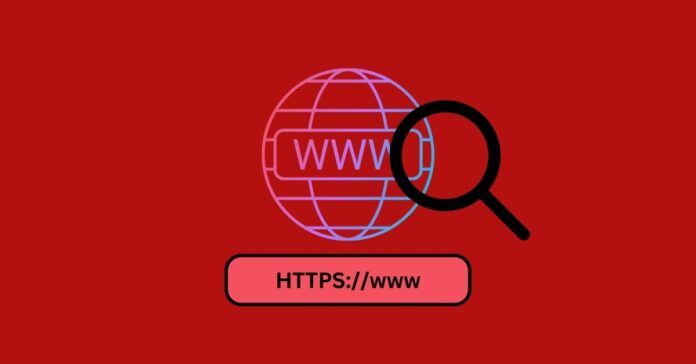The government of Nepal has blocked over 5 lakh websites. The move aims at curbing access to pornography, online betting, cryptocurrency, and platforms that may violate social harmony and prevailing rules and regulations.
The government recently banned TikTok in Nepal and some section has denounced the move as an attempt at censorship. However, online space continues to be hotly scrutinized. After TikTok, there were talks of a possible ban on Snapchat, Tinder, Telegram, etc. However, the government has said that other social media will be regulated not blocked but over 5 lakh websites have been blocked.
The latest crackdown banned sites with the suggestions of various government agencies. Section 121 in the Civil Code confers the government to prohibit access to explicit material that includes sexual content. The official government narrative has been to disrupt access to such content that might inspire violence, family harmony, and peace.
Check out: Most popular social media apps in Nepal | 2023 | Market share
Over 5 lakh websites blocked in Nepal
The latest sweeping move includes cryptocurrency and online betting sites as well. Nepal Rastra Bank has declared crypto trading illegal but still, it continues to exist in leap and bound. This time, over 100 online betting sites and cryptocurrency-related sites were shelved.
Similarly, news portals were included in this ban. As per the suggestions of the Nepal Press Council, 100 online news portals have been contained for breaching legal provisions. The shutdown comprises permanent blocks for illegal websites and temporary suspensions for those who would come aboard with the government to meet the prevailing regulations.
In recent memory, the PUBG ban in 2019 was the last most controversial decision by the government but that didn’t take long to be reversed by the Supreme Court. Pornographic websites have been the most conspicuous target. Over 21,000 porn sites were quashed in 2018 too and this list is growing further with the latest hit. But that has also increased the use of VPNs and DNS to access restricted content.
The public and scholars are divided on this move with some akin to call this censorship a breach of freedom of expression. The government has been defending it as a need to protect social cohesion and moral values. Experts have also talked of internet content filtering instead of closing down the Internet platforms. The tension also reflects a broader challenge of regulating modern digital space.



